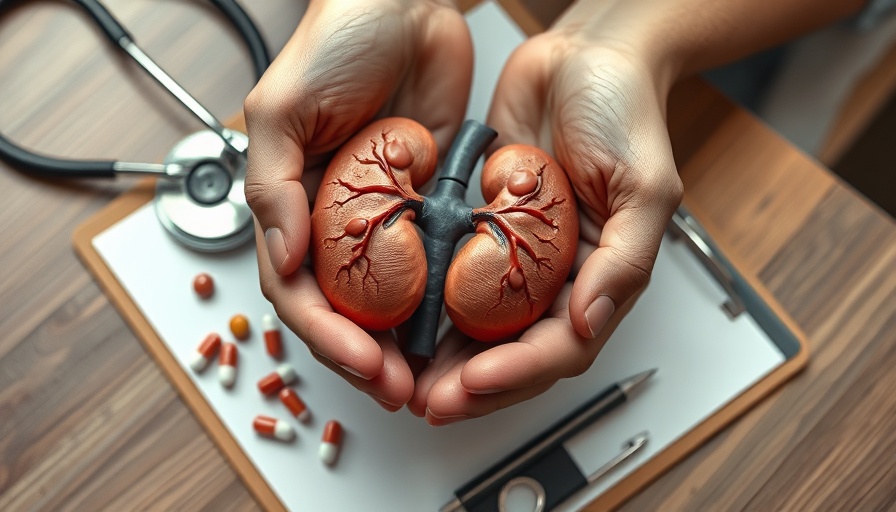
The Surprising Link Between Kidney Function and Cardiovascular Health in Elderly Asians
As the population of elderly Asians continues to grow, understanding the factors that contribute to their health becomes increasingly crucial. Recent research has revealed a significant connection between declining kidney function and an elevated risk of cardiovascular death in this demographic. This discovery sheds light on the critical role of kidney health and prompts us to consider how we can better support aging individuals in maintaining vital physiological functions.
Unpacking the Findings: What the Study Reveals
The study in question, published in a reputable medical journal, examined over a thousand elderly participants across various Asian countries. Researchers closely monitored their kidney function and cardiovascular health over a period of five years. The results indicated that individuals with declining kidney function were over twice as likely to experience cardiovascular-related deaths compared to those with healthier kidney markers. This alarming statistic highlights the need for early intervention and ongoing monitoring of kidney health as individuals age.
Why Are the Kidneys So Important?
The kidneys play a critical role in filtering waste products from the blood, regulating blood pressure, and balancing electrolytes. As we grow older, kidney function naturally declines; however, comorbidities such as diabetes and hypertension can exacerbate this degradation. Preventing further deterioration is essential, not only for kidney health but also for cardiovascular stability. Proper management of risk factors, including diet, hydration, and physical activity, becomes vital in supporting kidney and heart health.
Broader Implications for Aging Populations
The findings raise questions about public health strategies targeting elderly populations, especially in Asia, where traditional diets and lifestyle habits can influence health outcomes. Notably, with increasing urbanization and changing dietary patterns, the lifestyle associated with urban living often contributes to poorer health metrics. Addressing these factors through educational campaigns and community health programs can sensitize older adults to the importance of regular health screenings.
Practical Tips for Maintaining Kidney and Cardiovascular Health
- Stay Hydrated: Proper hydration can assist in maintaining optimal kidney function. Aim for at least 8-10 glasses of water a day, unless contraindicated by a health professional.
- Balanced Diet: Consuming a diet rich in fruits, vegetables, lean proteins, and whole grains supports both kidney and heart health. Avoid excessive salt and processed foods that can strain these organs.
- Regular Checkups: Routine health checkups allow for early detection of declining kidney function and cardiovascular risk. Engage with healthcare providers to monitor these metrics regularly.
Looking Ahead: Future Research and Trends
As research continues to unveil the complexities of aging, the relationship between kidney function and cardiovascular health will likely provide insights into developing targeted therapies and interventions. Future research may explore potential biomarkers that signal cardiovascular risks associated with kidney decline and the effectiveness of various treatment options to mitigate these risks.
Final Thoughts
The link between declining kidney function and cardiovascular mortality in elderly Asians is a crucial call to action. It underscores the importance of preventative measures to protect vulnerable populations. As we develop better public health strategies, there is immense potential to improve health outcomes for the aging community. Regular healthcare engagement and lifestyle modifications are pivotal components of this process. The message is clear: we must prioritize kidney health to protect heart health as we age.
 Add Row
Add Row  Add
Add 




Write A Comment